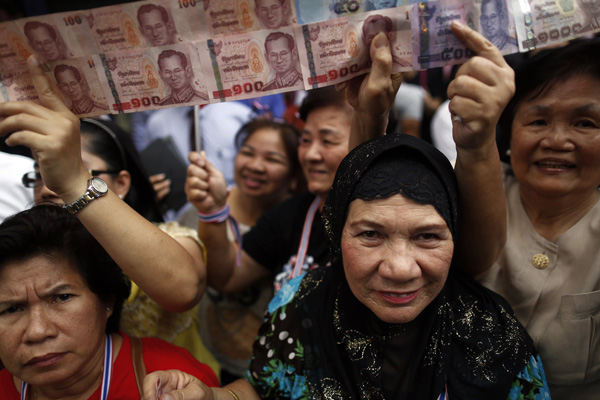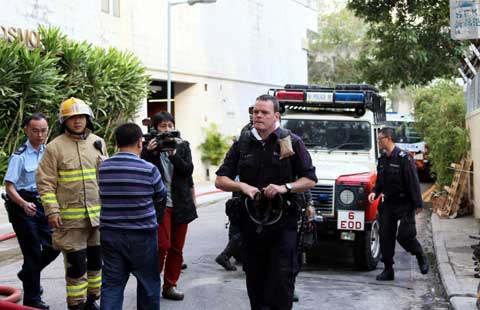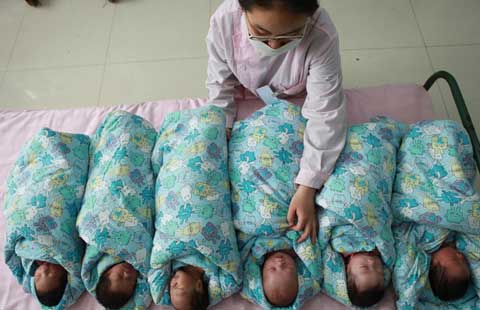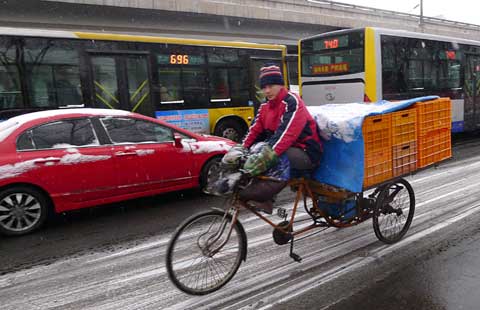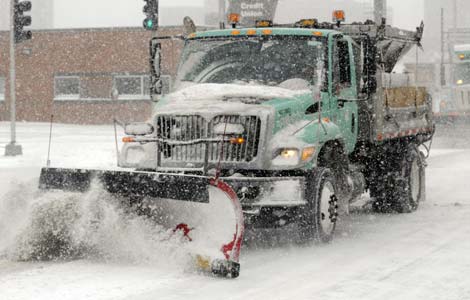Thai political crisis threatens budget, rice scheme
Updated: 2014-02-07 15:24
(Agencies)
|
||||||||
BANGKOK - Thailand's inability to form a new government has left the country facing a slow-burn budget crisis, with a costly rice-buying scheme close to collapse and public investment plans that were meant to support the flagging economy under threat.
Prime Minister Yingluck Shinawatra has led a caretaker administration since December, when she called a snap election in a bid to end protests that have shut down parts of the capital and with it much of normal government business.
But the demonstrations have continued, and protesters were able to disrupt voting in enough places to prevent a new administration being installed after the poll on February 2.
"The fiscal budget plan has not started yet. We haven't seen this situation before," Manas Jamveha, director general of the Comptroller General's Department, said.
"We have to wait for a new government and its policies before proceeding on a budget framework."
By law, a caretaker government can only embark on new spending with the approval of the Election Commission and it cannot initiate projects that commit the incoming government.
According to the Budget Bureau, ministers should have set a budget outline by January 28 for the fiscal year starting in October. Details should be thrashed out in April and the budget sent to parliament in May.
But with the opposition challenging the legality of the poll and dozens of by-elections needed to fill vacant seats, It may be weeks, or even months, before Thailand has a proper government again.
Most urgent is the rice-buying scheme, which was a cornerstone of the populist platform that won Yingluck a landslide election victory in 2011 but in recent weeks has all but collapsed due to cash problems.
The cost of the scheme, which guaranteed farmers an above market price, has fuelled protests in Bangkok. Big banks have refused to offer bridging loans to keep it afloat, unconvinced the government has the authority to seek them.
Some farmers have not been paid for their rice for months and the scheme lapses at the end of February, when the current crop ends. Similar schemes have been routinely rolled over for decades, but not this year.
"These payment problems stem from the dissolution of parliament, which made it difficult under the framework of the law to approve payments," Yingluck, who will almost certainly be declared the winner of the election if is not annulled by the courts, told reporters on Wednesday. "Whether this scheme is extended or not is up to the next government."
The protest movement has been trying since November to force out Yingluck and install an unelected administration to ram through political and economic reforms, with the objective of reducing the influence of her brother, former premier Thaksin Shinawatra who was ousted in a 2006 coup.
Most Viewed
Editor's Picks

|

|
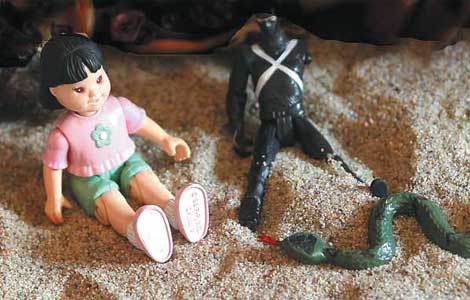
|

|

|

|
Today's Top News
Senate confirms Baucus as ambassador to China
History supports maritime claims
Japan to extend 'territorial education'
Shanghai kindergartens to promote local dialect
Pollution fears dampen fireworks sale
Car sharing catching on since ban was lifted
Beijing reports second human H7N9 case
More Chinese enjoy festival overseas
US Weekly

|

|
